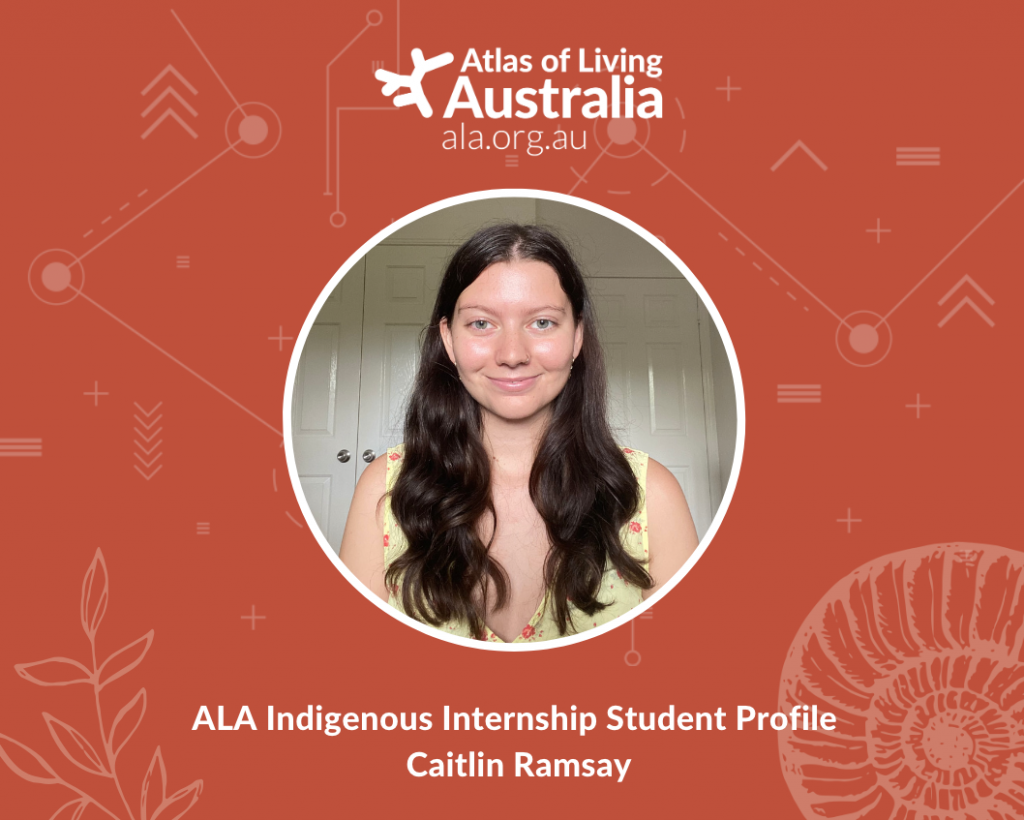
The Atlas of Living Australia (ALA) Internship Program offers aspiring Australian university students a remarkable opportunity to learn and refine best-practice skills and create meaningful connections with professionals working in the industry.
Our internship program has options for both undergraduate and postgraduate students enrolled in Australian universities looking to gain real-world experience. Whether you’re passionate about biodiversity data, informatics, programming, open science or are more broadly passionate about gaining a deeper understanding of ecological sciences, we work with interns to create bespoke projects with practical applications.
We provide mentorship and skills development opportunities in the office and working remotely (project dependent). You will gain invaluable experience that sets you up for a successful future working in STEM.
Summer Vacation Studentship Opportunities 2023/24: applications now open!
Join us this summer for an exciting experience at the Atlas of Living Australia (ALA)! These are paid positions that run for 12 weeks over the summer break period for 2023/24. Indicate your project preferences from 1 to 4, with 1 being your top choice, in your application for the 2023/24 Summer Internship Program.
Applications close 1 November 2023, apply now.
Join us in transforming the ALA’s Restricted Access Species Data (RASD) project. RASD defines best practices for secure data sharing and provides a consistent method for preparing data for public release. We’re looking for an intern to migrate RASD from its existing GitLab/Pulumi build and deploy pipeline to an Amazon Web Service (AWS) CodePipeline/CloudFormation system.
As an intern, you’ll delve into the world of automated builds, deployments, and AWS serverless architectures. You’ll gain valuable experience in developing and deploying RASD using ALA’s preferred tooling.
Requirements:
- Completed at least two years of study in an undergraduate software or computing science program.
- Familiarity with programming languages like bash, Python, or JavaScript.
- Experience with AWS, serverless infrastructure, or CI/CD systems.
- Ability to commit to in-person work at our Eveleigh office in Sydney for 2-3 days a week.
At the ALA, we utilise AWS cloud storage for a vast collection of images, some of which are duplicates. Join us in optimising our image asset library to streamline data access and quality across the ALA – by reviewing our code to eliminate duplicates and identifying and safely deleting unused images.
As an intern, you’ll gain hands-on experience working with large data volumes, cloud storage, and monitoring technology across Australia’s national biodiversity database.
Requirements:
- Completed at least two years of study in a software or computer science program.
- Proficiency in programming languages, especially JavaScript.
- Knowledge of AWS.
EcoAssets is a collaboration between the ALA, Terrestrial Environmental Reporting Network (TERN), and the Integrated Marine Observing System (IMOS), which supports environmental reporting through data summaries. We’re looking for an intern to revamp the EcoAssets website, transitioning it from a static WordPress site to a visually appealing Quarto site capable of embedding interactive elements.
As part of this project, you’ll enhance the Quarto website by implementing interactive features, enabling users to filter and preview datasets through maps and graphs before downloading.
Requirements:
- Completed at least two years of study in a program related to computer or data science.
- Familiarity with programming languages like R and/or JavaScript.
- Experience with HTML and CSS for website building/formatting.
Helpful Links:
- Current EcoAssets
- Examples of Quarto websites
- Example of an interactive element within a Quarto site using OJS
Join us in developing a machine learning model that will integrate into ALA’s image processing pipeline, adding valuable attributes (classification) to images. The primary goal is to filter out images of roadkill, enhancing the visual appeal of species pages.
As an intern, you’ll collaborate with our UX team to create a machine learning model to automatically filter roadkill images on ALA species pages.
Requirements:
- Completed at least two years of study in a program focused on computer science, computer programming, or data science.
- Proficiency in common programming languages.
Read more from our past internship students
If you are an industry engagement representative for an Australian university and wish to explore potential collaboration opportunities with the ALA regarding your university's current work-integrated learning programs, kindly connect with us via email at outreach@ala.org.au.
Our other internship program options are detailed below:
Undergraduate Vacation Studentship
The ALA offers opportunities to promising tertiary students in scientific, engineering and business-related disciplines over the summer holiday period, with placements beginning in late November or early December.
The duration of placement ranges from two–12 weeks and are typically full-time. Students receive a stipend for the duration of their placement with the ALA.
These internships are advertised around July-August and will also be listed on this page, and across the ALA & CSIRO's communications networks.
Read more about Undergraduate Vacation Studentships
Postgraduate Internships
Internships may be offered to PhD or Masters students enrolled at Australian universities to gain work experience in a project that is strategically aligned with the ALA.
Postgraduate internships are offered to students who are required to complete work experience as a component of their studies, however are unpaid. Internship students must ensure that they remain enrolled in a postgraduate program at an Australian university for the duration of their placement.
Postgraduate internships are flexible and considered on a case-by-case basis. If you are a postgraduate student interested in completing an internship with the ALA please fill in the contact form below.
Your personal information is protected by the Privacy Act 1988 (Cth) and CSIRO will handle your personal information in accordance with the Act, and CSIRO’s Privacy Policy.
For all other enquiries please contact outreach@ala.org.au.


